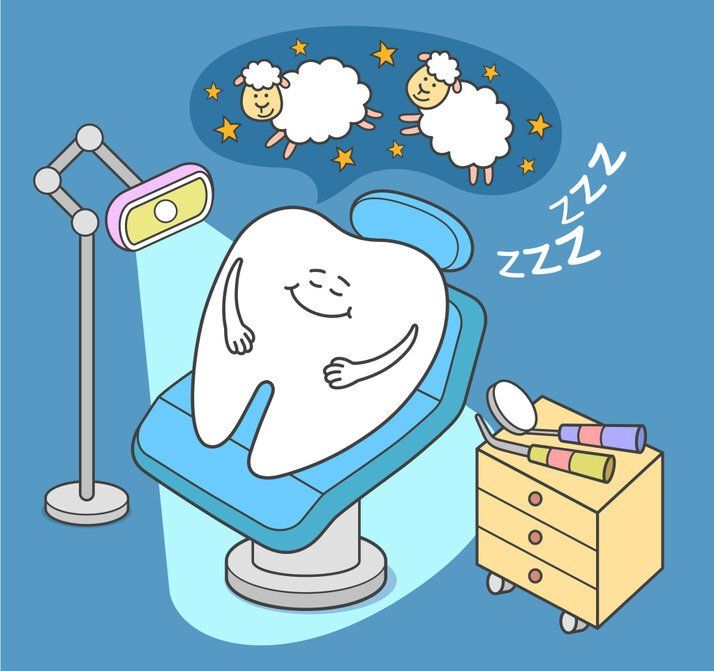Is Relaxation Dentistry Safe for Kids?

Relaxation dentistry can be safe for people of all ages, including kids. It is not the age that may pose a problem, but certain health conditions. For most children, going to the dentist can be a really stressful experience, and that is why Denver sedation dentistry can be a good way to make the procedure less scary and more positive.
Nitrous oxide is a gas which is administered via a tube which is placed around the patient’s nose. Thus, the patient breathes in a mixture oxygen and nitrous oxide, which helps him/her feel relaxed, and sometimes even euphoric.
Oral sedation involves taking a pill or a liquid medicine. This type of sedation can make the patient a bit sleepy, but will feel pretty awake after the procedure and after the effects wear off. We need to add the fact that this type of sedation takes some time to wear off. So in case your kids were administered oral sedation, they may have to rest at home afterwards.
IV sedation can be another option, but only if the situation demands it and if your kids are not advised against it from the medical point of view. At any rate, it is the medical history of a patient that determines the degree of safety for sedation dentistry.











